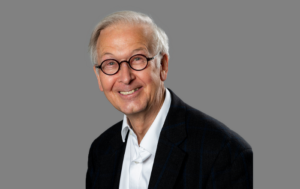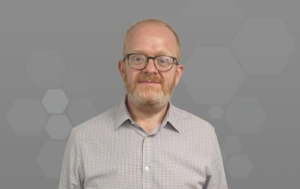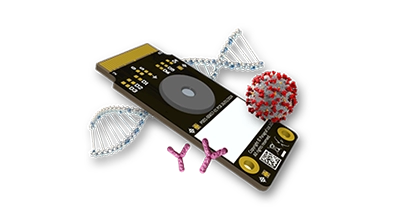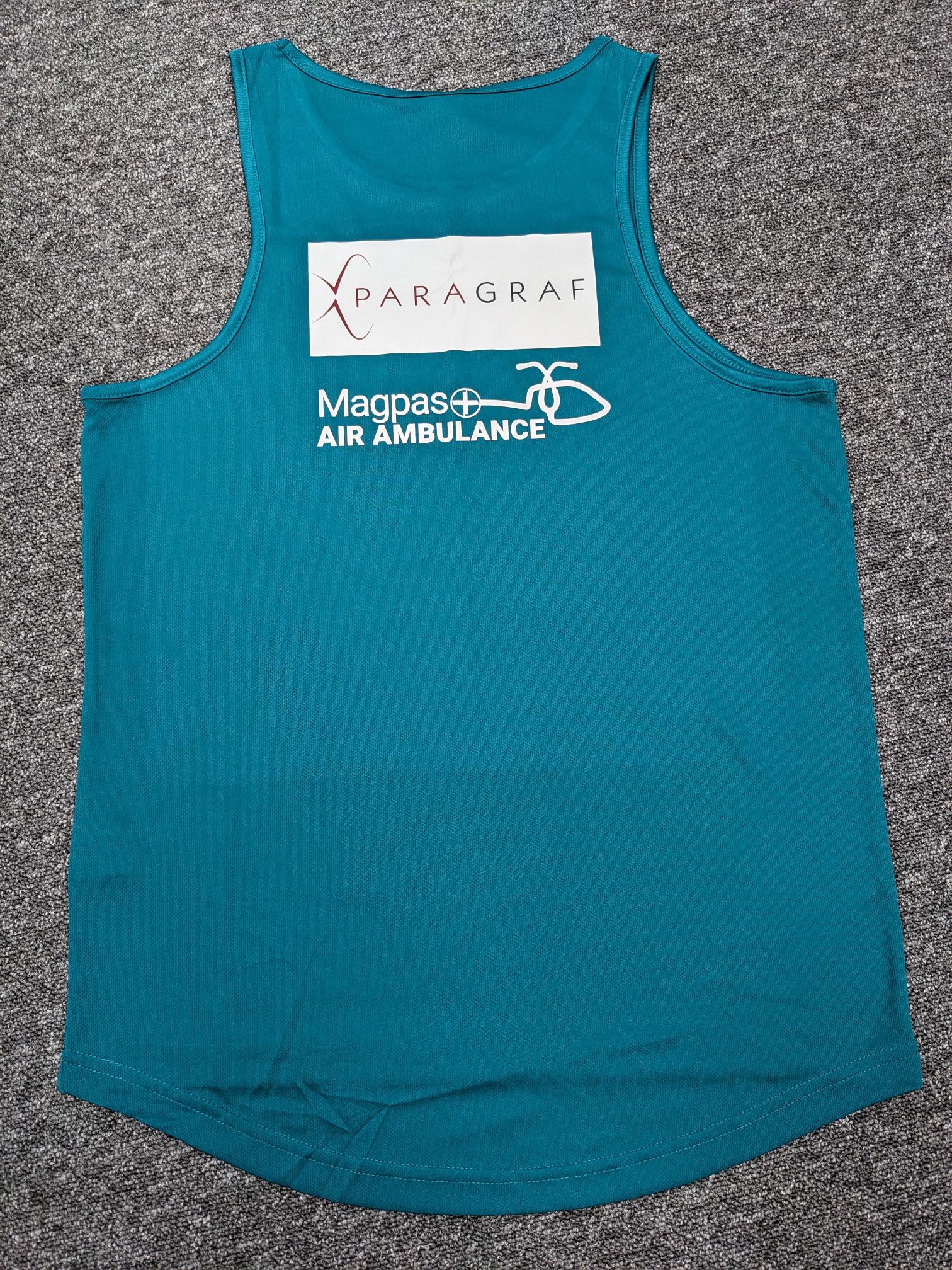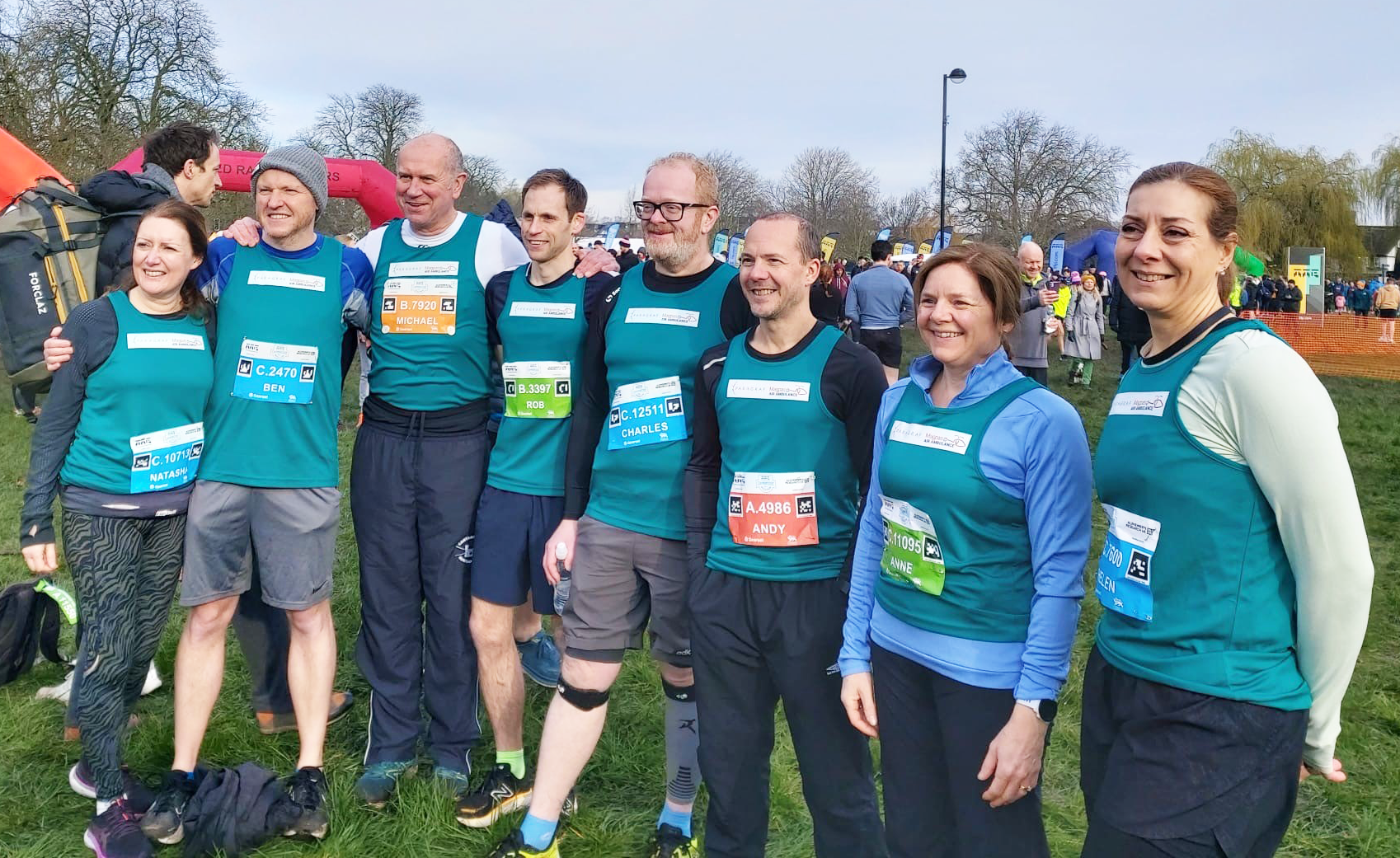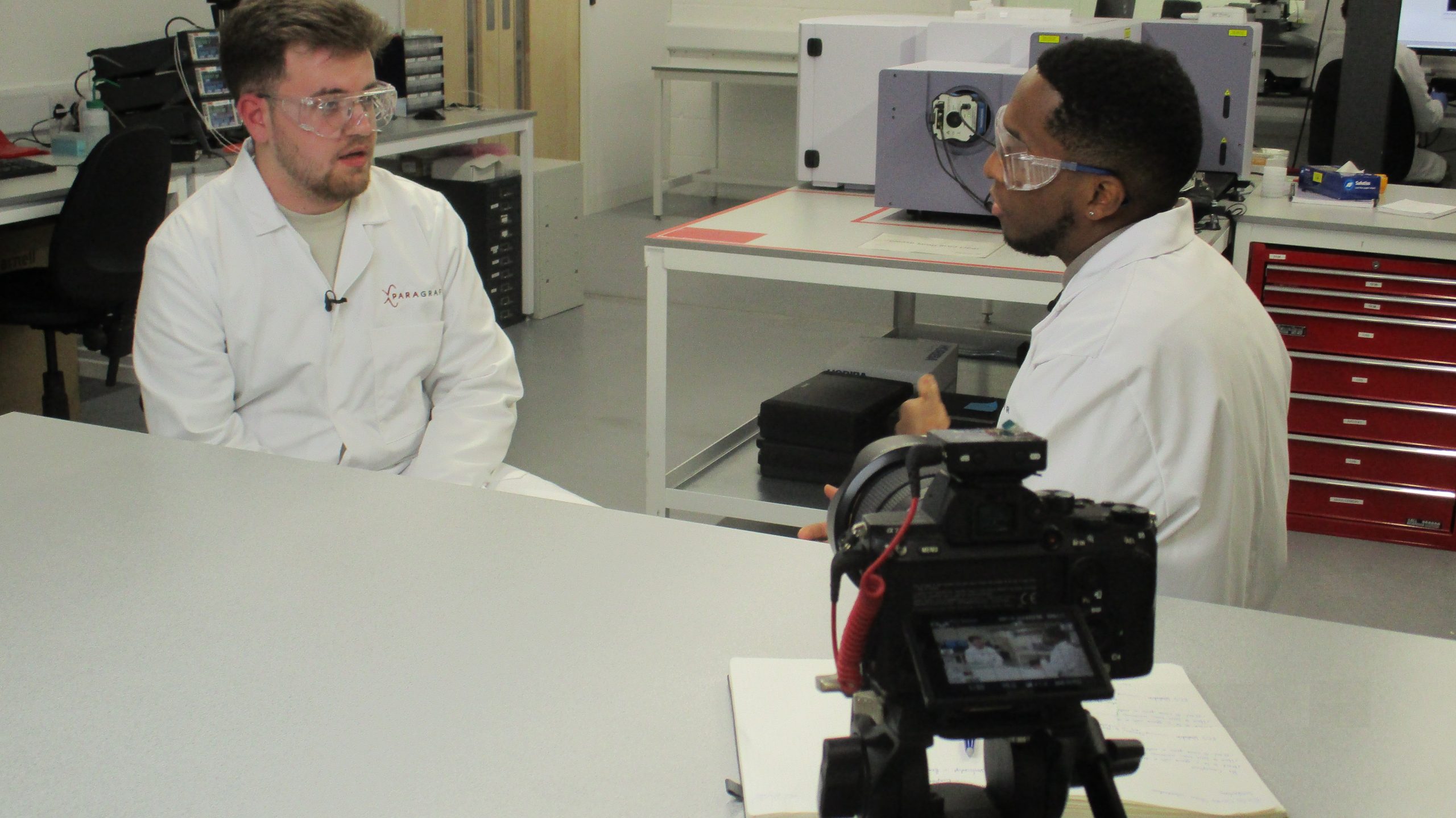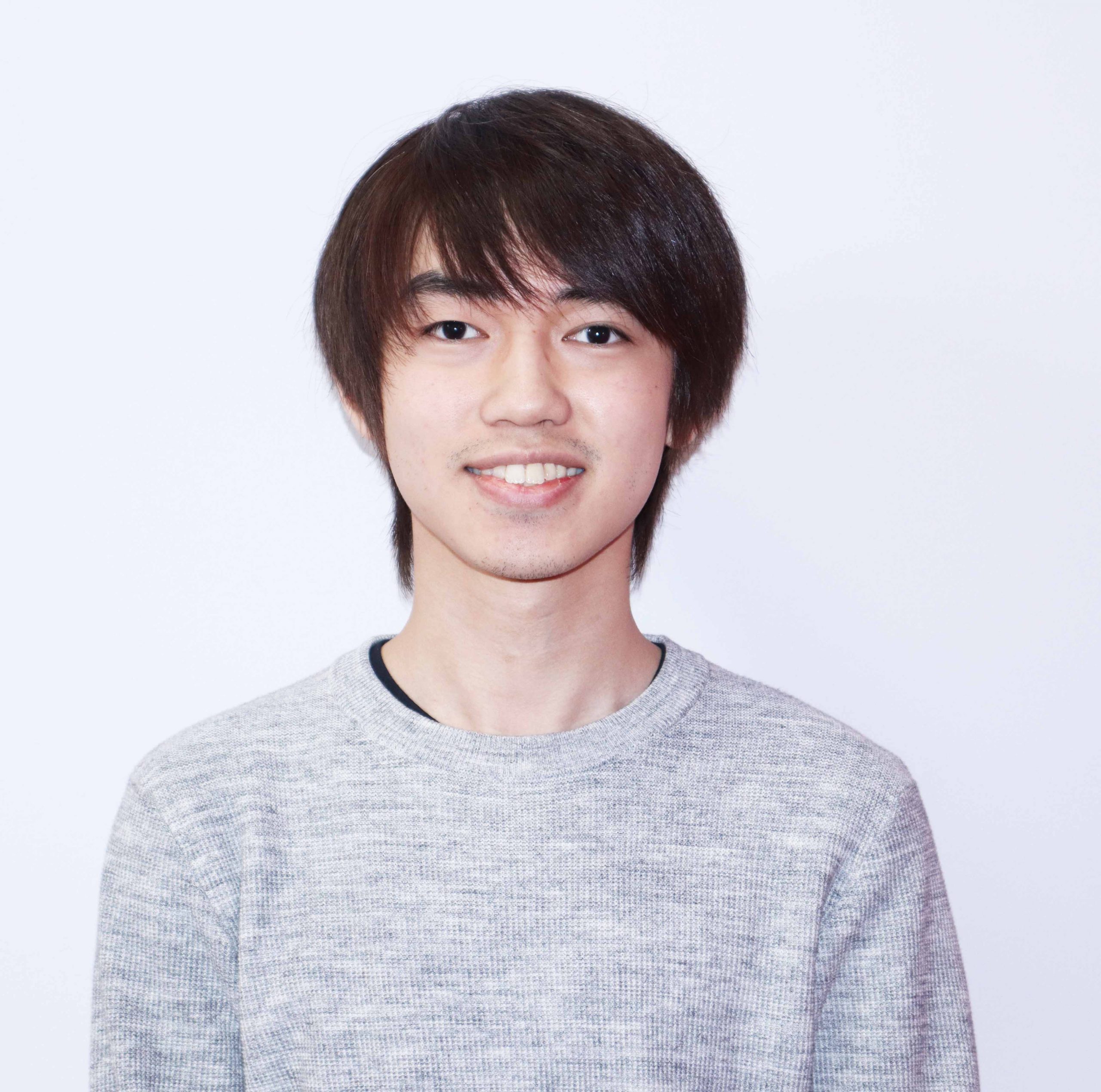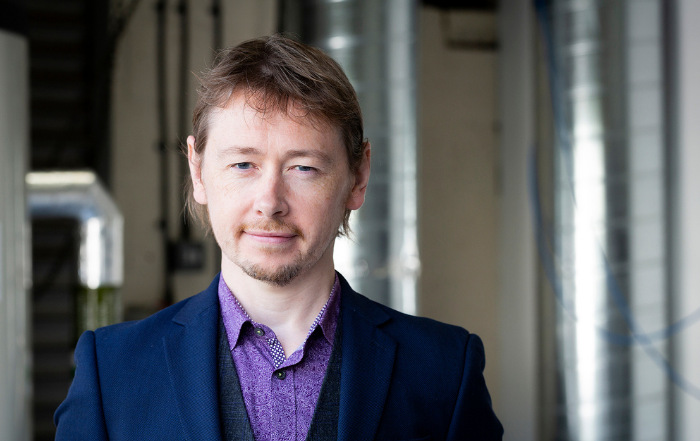
Simon Thomas: ‘If You’re The Smartest Person in The Room, You’re In the Wrong Room’
Read a recent interview with Simon Thomas, as published on EE Times:
Simon Thomas is the CEO of Paragraf, a British company developing and producing graphene-based electronic devices.
Simon’s diverse background in physics, engineering and materials science combined with many years’ experience in the fields of semiconductors, functional materials, solid state devices and capital equipment manufacture have equipped him with the knowledge to truly understand two-dimensional materials production. With expertise in materials deposition techniques he has developed numerous new materials and structure generation processes whilst progressing the general community understanding of the science of materials growth.
As a global high-tech materials and engineering consultant, Simon has multidisciplinary skill sets in the development of equipment, deposition processes and surface science across a range of fields. The resulting technology advancements have achieved new performance levels in existing semiconductor device structures and have facilitated the capability to produce new and novel materials and devices.
What was your first job in the industry, Simon?
I was quite fortunate, I had the opportunity to go straight from my PhD in Semiconductor Materials Science to working with capital equipment supply in the semiconductor space, as a process scientist. I worked with customers around the world, but mainly in Asia, to get their compound semiconductor production processes up and running and ensure the very expensive machines they had purchased delivered their desired outcomes. At times it was a high-pressure role but it introduced me to the real world of semiconductor materials and device production, and the super-fabs of Asia, and gave me invaluable insight into, and incredible learnings from, different cultures across the globe.
What bits of personal tech could you not be without?
Probably my running watch – I love data, being able to chart, measure, monitor and analyze stuff. The watch enables me to track my progress, and, probably most importantly, provides motivation.
Who is your favourite musician, writer or artist?
In my younger years I had ambitions of being an artist, I’m fascinated by how people see the world and that’s no better illustrated than in art. The way Turner translates motion and the unexplainable, almost ethereal, feelings of the moment into a freeze frame is quite astonishing. Equally the raw emotion of a snapshot in time captured by Picasso’s works are sometimes perplexing. And as a scientist the hyper real, detail driven intentions of the pre-Raphaelites to portray the world as it exists, if a little beauty filtered – maybe the instagrammers of their time! – is captivating.
What advice would you give to people wanting to get into graphene?
Graphene is a transformative and often difficult material, particularly when applying it to electronics, so to be successful with it you need to be targeted, because it will take a lot of effort to be successful with. Firstly, understand what graphene can deliver and how it can be used, then look at how the performance characteristics of this “wonder” material could be applied to applications and products, what are the potential customer and real-world benefits delivered by using graphene.
This is not as straight forward as it sounds; graphene has been severely over-hyped so you will readily find millions of articles on how it’s going to change the world. Separating the truth from the science fiction is an art in its own right.
Graphene is going through a massive hype cycle, and you have to have credibility gained from understanding what the world wants and what you can deliver. Get to know the people, partners, and landscape – do that, you will end up with products that people want.
What is the biggest threat to society posed by technology today?
If you don’t understand it or if you think you are completely understanding of something, without reflection, then it’s a threat. I believe that in every aspect of science, technology, life. By understanding something, and repeatedly assessing it you remove risk, or at least you give yourself a way of countering the risk. As a society we get very complacent, so my fears are:
- Artificial Intelligence – Our goal in AI is to create consciousness, but we don’t really understand what consciousness is. The laws behind what we’re trying to do with AI are not even defined. We have human ethics and morals, defined by nurture and nature. Creating something out of nothing and expecting it to react in the same way as we do is an extremely dangerous way to think. I’m not an end of days believer, we’re better than that, but it’s not too far to reach to understand how a vision of Skynet can happen.
- We, as people, believe we are the end of ‘us’ but we are a very young product of the universe, galaxy, solar system, even world. Less than 25,000 years old, less than 0.0000001% of time yet we’ve managed to exhaust our defences to disease in less than 500 years! We have no answer for the immunity that some diseases are now having to antibiotics. It is the lack of technology that is proposed that is posing the problem – it’s a race against time.
What advice would you give to early-career engineers?
I would say: know what it is you really want to do, what it is you’re really passionate about. This may take some time, but it’s worth it. If you’re driven by heart and a personal vision, your work will always be exciting and you will always get the best out of yourself. However, in parallel, use your mind, remain grounded and don’t get carried away by flights of fancy. If you want to have real impact, it is vital to understand what the world needs and how technology you’re involved in, or indeed developing yourself, can make a difference, where you or it has a differentiator or real benefit. So, know your background, know your technology, and understand the people you want to engage with your projects, or the markets you want to go into.
And of course, always learn, from everyone. I try to live by the saying “if you’re the smartest person in the room, you’re in the wrong room” – challenge yourself, let other people challenge you, you challenge them, learn from their experiences and knowledge.

